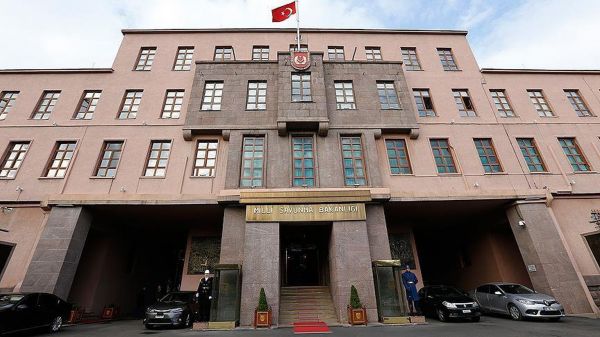Haberler
AİHM’DEN BYLOCK, BANK ASYA İDDİALARINA İLİŞKİN ÇOK ÖNEMLİ İHLAL KARARI
AİHM Büyük Dairesi, ‘ByLock ve Banka Asya’ davasında Türkiye aleyhine ihlal kararı verdi.
AİHM Yalçınkaya / Türkiye başvurusunda;
* Başvurucunun sözleşmenin 6. madde kapsamında Adil Yargılanma Hakkının,
* 7. madde kapsamında Kanunsuz Ceza Olmaz ilkesinin,
* 11. madde kapsamında Toplantı ve Dernek Kurma Özgürlüğünün ihlal edildiğine karar vermiştir.
Başvuruya konu olaylar;
* Bylock adlı programı kullanma,
* Bank Asya’daki hesap hareketleri,
* 667 sayılı KHK ile kapatılan sendika ve derneğe üye olma.
AİHS Madde 7; “Hiç kimse, işlendiği zaman ulusal veya uluslararası hukuka göre suç oluşturmayan bir eylem veya ihmalden dolayı suçlu bulunamaz.”
Yüksel Yalçınkaya 15 Temmuz darbe girişimi sonrası “FETÖ/PDY” üyeliğinden yargılanarak 6 yıl 3 ay hapis cezasına mahkum edilmişti.
Avrupa İnsan Hakları Mahkemesi (AİHM) ByLock kullanmak, Banka Asya’da hesabı olmak ve gizli bir tanığın ifadesiyle mahkum olan öğretmen Yüksel Yalçınkaya'nın açtığı davada Türkiye’nin insan hakları ihlalinde bulunduğuna hükmetti.
Euronews'te yer alan habere göre, 17 Mart 2020 yılında yapılan başvuruyu karara bağlayan AİHM, Avrupa İnsan Hakları Sözleşmesi’nin (AİHS) “kanunsuz ceza olamayacağını” öngören 7. maddesinin, örgütlenme ve toplanma hakkıyla ilgili 11. maddesi ve adil yargılanma hakkıyla ilgili 6. maddenin 1. fıkrasının ihlal edildiğine hükmetti.
AİHM'in Büyük Dairesi, 7. maddenin ihlali için 11'e karşı 6 oyla, 6. maddenin 1. fıkrası için 11'e karşı 1 oyla ve 11. madde için oybirnliğiyle ihlal kararı verdi.
Başvuru sahibi, AİHM’e yaptığı şikayette ByLock kullandığı suçlaması, Banka Asya’da hesabı olduğu ve hükümet tarafından terör örgütü ilan edilen “FETÖ” ile bağlantılı ilan edilen sendika ve kuruluşlara üye olmasının gerekçe gösterilerek mahkum olmasının insan hakları ihlali teşkil ettiği görüşünü dile getirmişti.
Art 15 • Derogation in time of public emergency threatening the life of the nation
Art 7 • Nullum crimen sine lege • Nulla poena sine lege • Conviction for membership of an armed terrorist organisation based decisively on use of the encrypted messaging application ByLock without duly establishing offence’s constituent material and mental elements in an individualised manner • Expansive and unforeseeable judicial interpretation inconsistent with essence of impugned offence which required specific intent • Art 7 requiring, for punishment purposes, existence of a mental link through which personal criminal liability might be established • Domestic courts’ interpretation attached criminal liability in virtually automatic manner to ByLock users • Art 7 constitutes a non-derogable right and its safeguards could not be applied less stringently even in respect of terrorist offences allegedly committed in circumstances threatening the life of the nation • Convention required observance of Art 7 guarantees, including in the most difficult circumstances
Art 6 § 1 (criminal) • Fair hearing • Prejudice to the defence on account of non-disclosure of raw data obtained from encrypted messaging application server not counterbalanced by adequate procedural safeguards ensuring overall fairness of proceedings • Serious challenges in collection and handling of electronic evidence, increasingly used in criminal trials, did not call for a more stricter or more lenient application of Art 6 § 1 safeguards • Defence’s inability to have direct access to evidence and test its integrity and reliability first-hand placed a greater onus on the domestic courts to subject those issues to the most searching scrutiny • Domestic courts’ failure to provide reasons for impugned non-disclosure of raw data and address core issues relating to integrity and evidential value of ByLock data • Access to decrypted ByLock material important for preserving defence rights • Shortcomings that undermined ability to conduct an effective defence on an equal footing with prosecution incompatible with very essence of applicant’s procedural rights • Art 15 • Failure to comply with fair hearing requirements not strictly required by the exigencies of the situation
Art 11 • Freedom of association • Domestic courts’ unforeseeable extension of scope of offence when relying on applicant’s membership of a trade union and association considered as affiliated with the FETÖ/PDY, to corroborate conviction • Art 15 • Interference not strictly required by the exigencies of the situation
Art 46 • Execution of judgment • Individual measures • Reopening of criminal proceedings, if requested, most appropriate way of putting an end to violations found and affording redress • Respondent state required to take general measures as appropriate to address systemic problem regarding domestic courts’ approach to use of ByLock
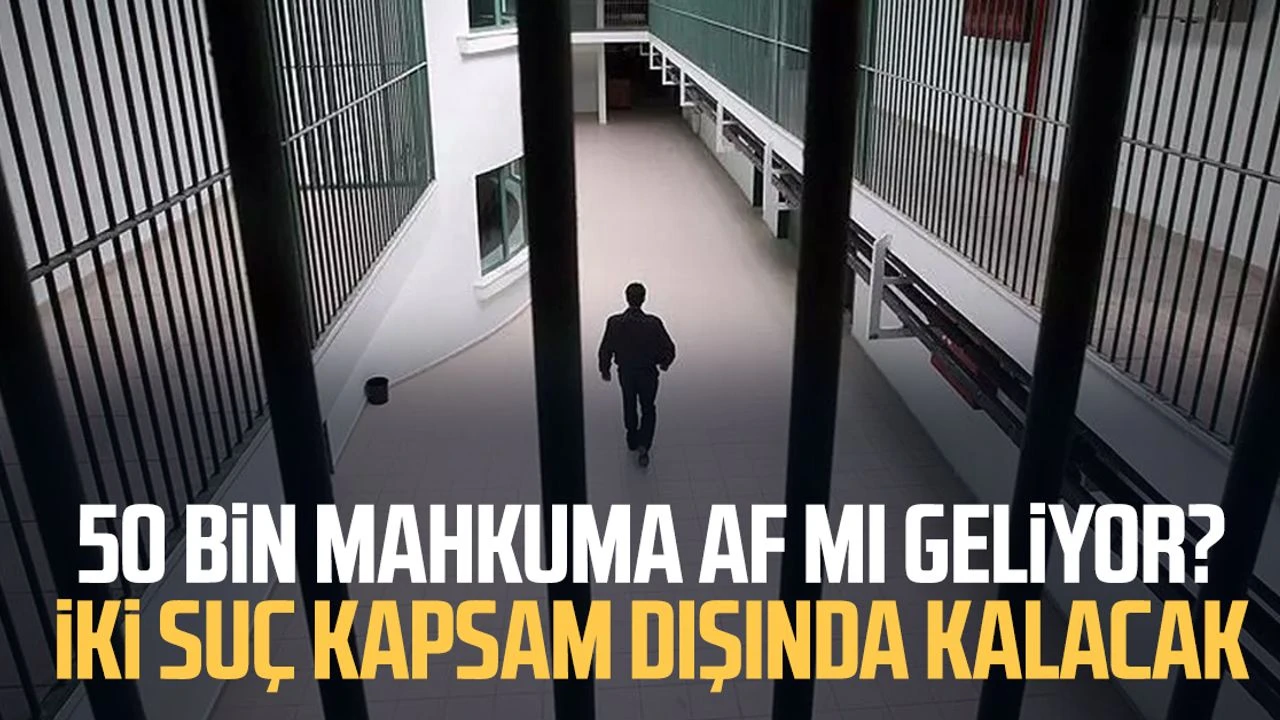
İki suç hariç af geliyor
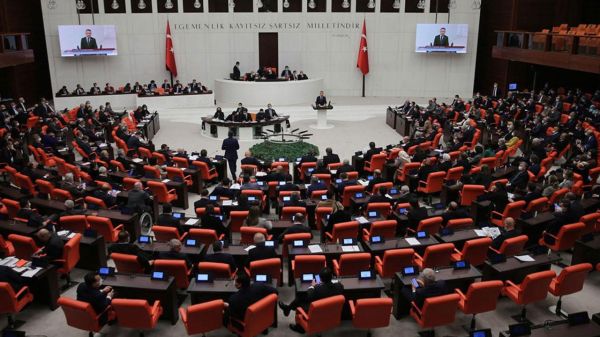
Yargı Paketi, bütçeler, Yeni düzenlemeler

Nafaka hapsine üst sınır geliyor
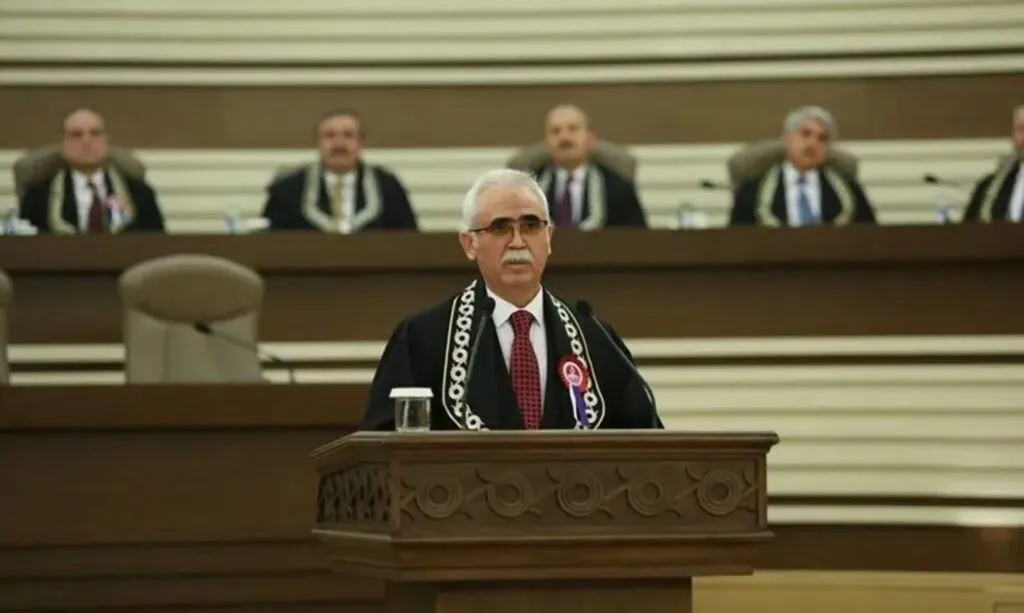
AYM'ye bireysel başvuru UYAP'tan yapılabilecek

Yargı Paketi TBMM Genel Kurulu’nda kabul edilen
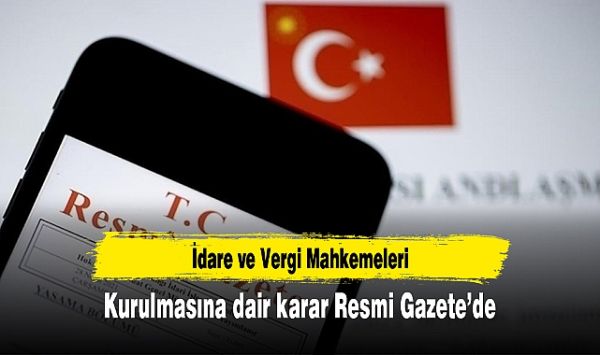
İdare ve Vergi Mahkemeleri kurulması kararı
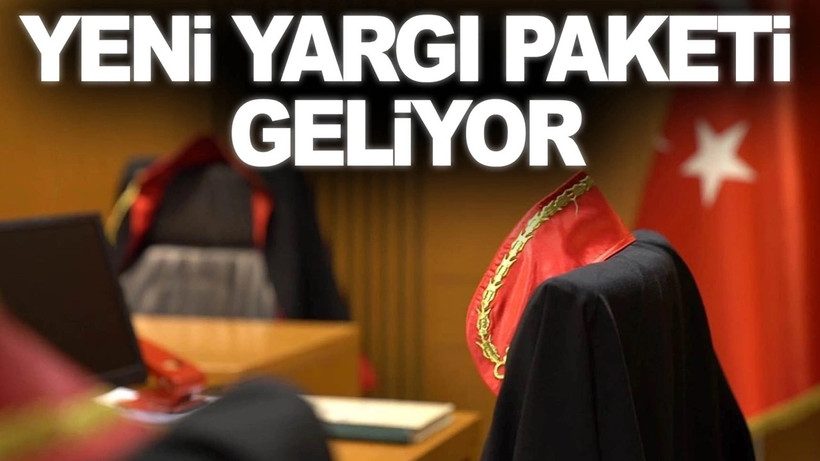
10 maddede yeni yargı reformu geliyor.
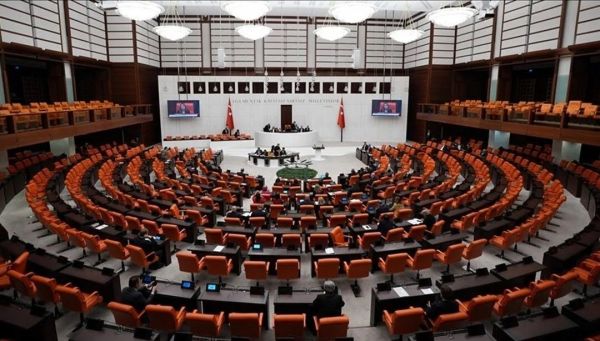
9.Yargı Paketi’nin ilk 5 maddesi kabul edildi

Yeni mahkemenin faaliyete geçirilmesine karar verildi

Raporunu değiştirerek işe gitmeyen kişiye verilen ceza onandı
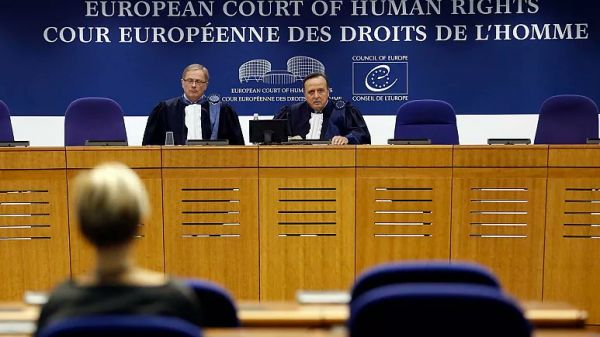
AİHM’DEN BYLOCK, BANK ASYA İDDİALARINA İLİŞKİN ÇOK ÖNEMLİ İHLAL KARARI
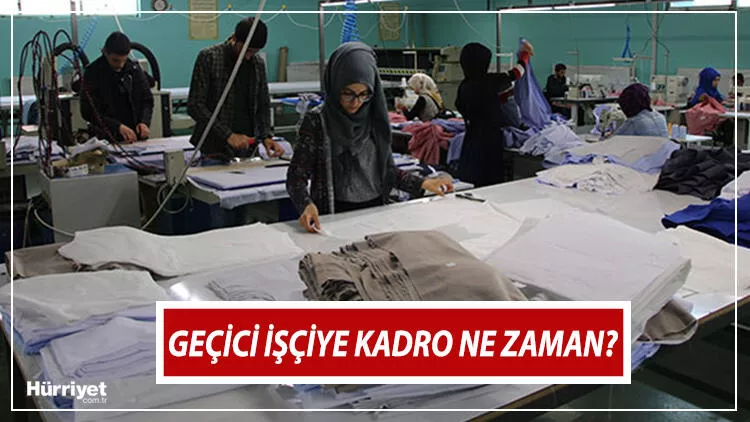
Geçici işçiye kadro Meclis'te! Geçici işçiye kadro ne zaman yasalaşacak

Emniyet Genel Müdürlüğü Polis Akademisi Başkanlığı bekçi alacak

TBB Başkanı Sağkan’ın eşi ‘süt iznindeyken’ işten çıkarıldı: Gözdağı veriliyor
